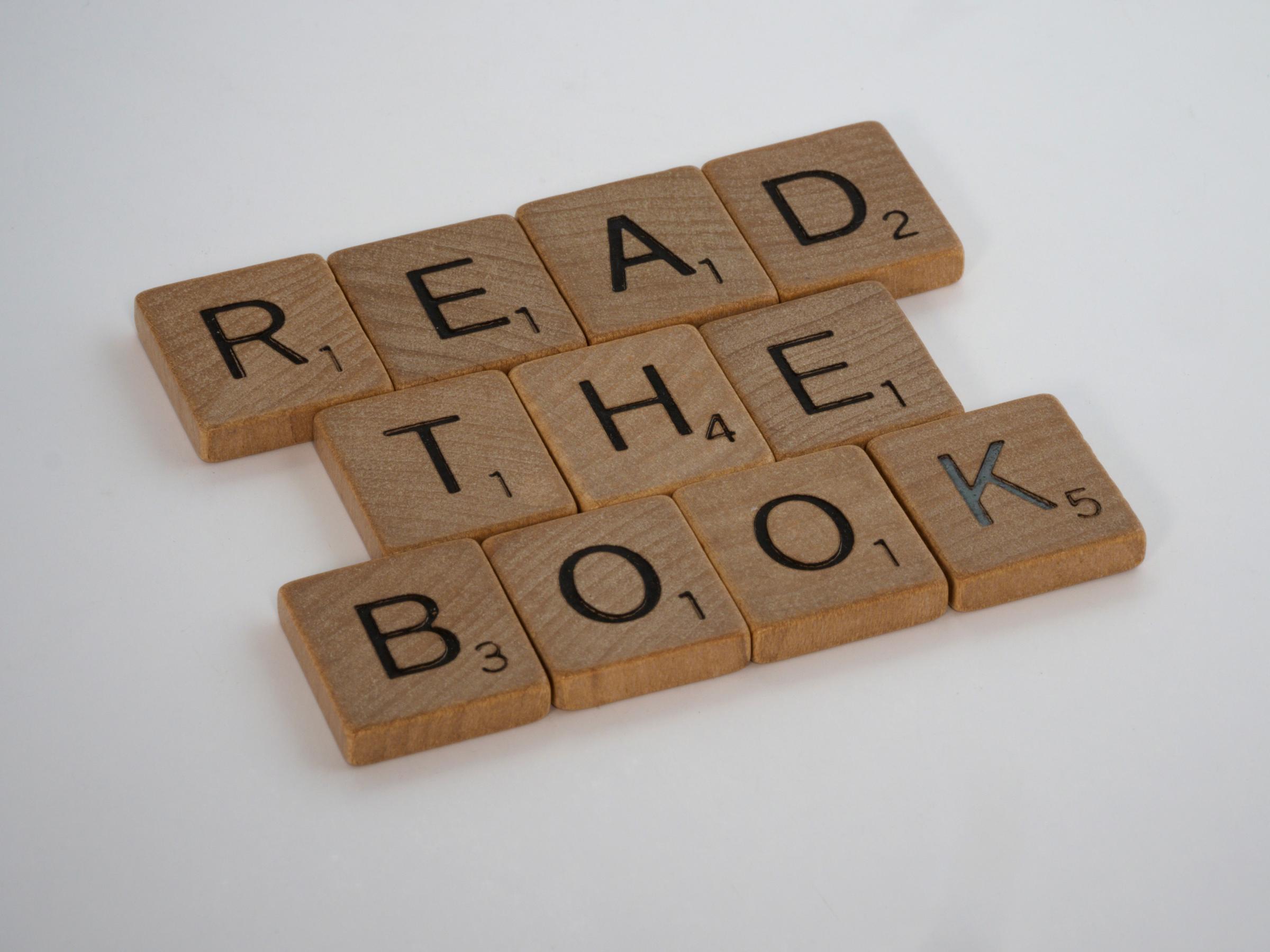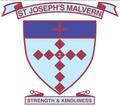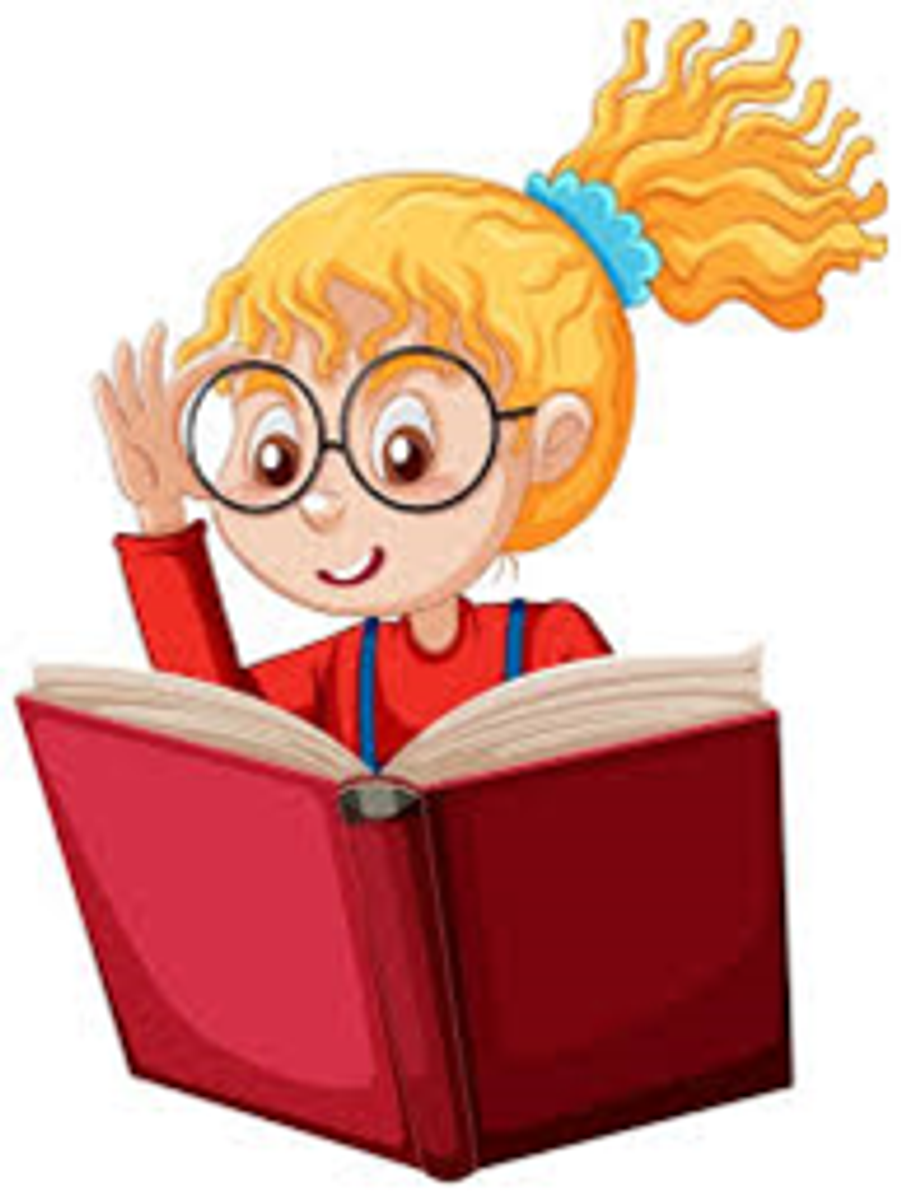Literacy Structure

Strengthening Students Reading Comprehension at St Joseph’s Malvern.
On our school website page, under the title ‘Curriculum’ is the following description of our Structured Literacy program:
At St Joseph’s Primary School, we understand how vital literacy skills are to support all learning and use evidence-based methods to ensure all students succeed and thrive in this area.
We teach Literacy skills using an explicit and systematic approach. Through staff meetings and Professional Learning Teams, which meet twice a week, the teachers at St Joseph’s are led through the latest cognitive research and data for the most effective approaches to literacy instruction.
We embed these practices into our daily literacy lessons to provide the best possible environment for all students to develop the ability to read, write, and understand the rules that govern the English language. We are regularly exceeding expected growth across the school in all of these areas.
What the research is saying:
Reading is made of 5 key areas:
- Phonological Awareness (MSL and Heggerty)
- Phonics (MSL and Spelling Mastery)
- Fluency (Fluency pairs activity)
- Vocabulary (Explicitly taught three times a week)
- Comprehension (Core Knowledge Units)
As educators at St Joseph’s, we pride ourselves on keeping up with the latest cognitive science research to maintain best teaching practices. Based on the research that “Background knowledge derives reading comprehension,” we have introduced core knowledge units into our literacy sessions.
What is the latest cognitive science research saying about developing students' reading comprehension?
Through various studies, The Science of Learning has found that the amount of knowledge the reader brings to a text is crucial to successful comprehension.
The Baseball Study was an academic experiment that tested how reading comprehension is impacted by prior knowledge.
The study divided the students into four groups, depending on how they performed on a standardised reading comprehension test and how much they knew about baseball. They gave the students a passage to read about baseball and tested their comprehension of that passage.
What made a difference to the scores was the knowledge of baseball. Even the ‘poor readers’ who knew much about baseball scored significantly higher than the ‘good readers’ who did not know much about baseball.
Cognitive scientists have found that knowledge is like Velcro in the brain. Students who start with more knowledge and vocabulary are in a better position to absorb and retain even more knowledge because they have a context. This, in turn, enables them to read and comprehend more complex texts.
.
The Baseball Study
Exciting learning in our classrooms.
At St Joseph’s, we have developed ‘Core Knowledge” units to develop students’ background knowledge and vocabulary further. These knowledge units are explicitly taught as part of the literacy sessions. They are often based on the learning outcomes in the Victorian Curriculum's History, Geography, and Science.
The Core Knowledge units incorporate texts to build students' background knowledge and introduce and consolidate new vocabulary. We have had interest from other schools to come and view the fantastic work we are doing in this area.
How can I assist my child with reading comprehension?
Parents often ask teachers how I can help improve my child’s reading comprehension. The answer is not worksheets filled with comprehension questions. These questions have a role, but background knowledge and vocabulary must be at the forefront. For example, if I asked you to read a complex scientific text about quantum physics, you could most likely decode the words, but you probably wouldn’t understand the content well unless you were a scientist. Asking comprehension questions at this point, such as ‘find the main idea’ or make inferences, would not improve your comprehension because of the lack of prior knowledge of the topic.
Therefore, take many opportunities at home to build and extend your child’s knowledge and vocabulary on various topics. Watching documentaries, reading nonfiction books, going for walks, visiting museums and aquariums, shopping experiences, restaurants, grandparents' houses, etc., are all wonderful opportunities for you to build your child's bank of knowledge with them. The discussion of concepts and words is vital to this process.
Amanda Jackson



